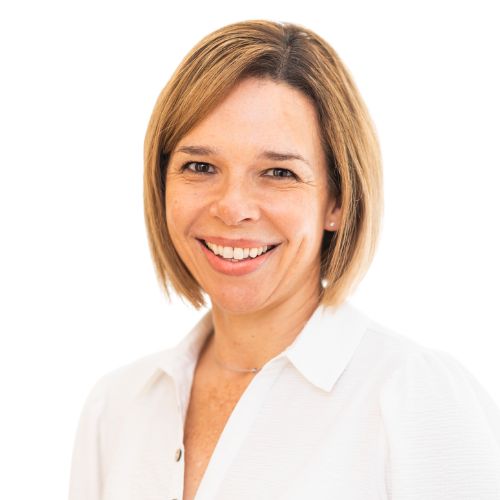Treatment options and pricing
Browse and click below to book any of our available service.
Counselling for Cancer
Included in the Counselling for Cancer
In cancer counselling sessions, the patient will receive personalised emotional support, practical advice, and coping strategies to navigate their diagnosis. Counsellors assess their emotional state, offer information and resources, explore coping techniques, and set goals for managing their cancer journey effectively.
Common Q&A about Counselling for Cancer
Our FAQ section is designed to address common questions you may have, from how our treatments work to what you can expect during and after your session.
Our team is always available to provide additional support if you need more personalised guidance, ensuring that you feel informed and confident every step of the way.
Cancer counseling is a therapeutic service designed to support individuals diagnosed with cancer and their families, helping them cope with emotional, psychological, and social challenges associated with the illness.
Anyone affected by cancer, including patients, caregivers, and family members, can benefit from counseling to address their unique emotional and psychological needs.
Sessions may focus on coping strategies, fear and anxiety, grief, communication with loved ones, and navigating treatment decisions.
Counseling can be conducted in various formats, including in-person sessions, phone consultations, or online therapy, depending on individual preferences and circumstances.
While some healthcare providers may recommend counselling, many counsellors accept self-referrals, and individuals can seek services independently.
A qualified cancer counsellor typically holds a degree in psychology, social work, or a related field, along with specialized training in oncology or palliative care.
Yes, counseling sessions are usually confidential, adhering to ethical guidelines that protect the privacy of clients.
You can seek referrals from healthcare providers, check with local hospitals or cancer centers, or search online directories of licensed mental health professionals.
It's essential to communicate any discomfort with your counselor, as they can adjust their approach or help you find a better fit if needed.
Many insurance plans cover mental health services, including cancer counseling, but it's important to verify specifics with your provider prior to starting sessions.




